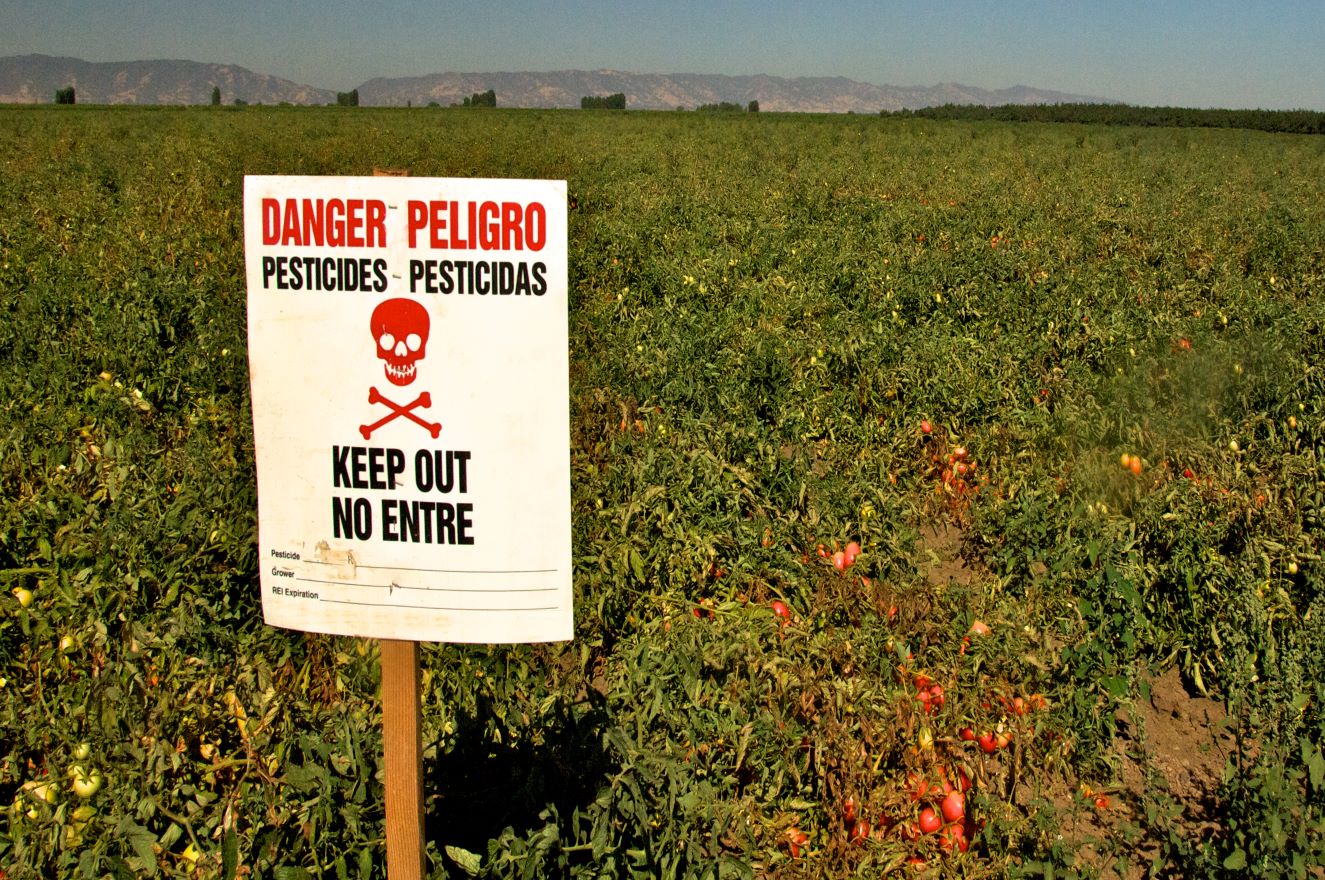Merchants of Poison: How Monsanto Sold the World on a Toxic Pesticide reveals how pesticide companies have waged expensive campaigns to shape the narrative about science and our food system, pushing the ideas that pesticides — a term that encompasses insecticides, herbicides, fungicides, and more — are safe and that we need them to feed the world. The following is an excerpt:
Groundbreaking global studies have shown the grave threat agricultural chemicals pose to biodiversity and public health and how they fail to deliver on their promises for greater agricultural productivity. Yet despite the mounting evidence, the pesticide industry has doubled down on deceptive messaging. Using Monsanto as a case study, this report reveals five tactics:
1. Corrupt the science
The authors show how Monsanto employees have shaped the science on glyphosate, including paying academics, ghostwriting papers, influencing regulatory agencies, and using other tactics to shape the scientific and regulatory record.
2. Co-opt academia
The authors report how Monsanto and other pesticide companies partnered with and paid universities and professors who in turn promoted and defended glyphosate and the GMO seeds designed to tolerate the herbicide. Many of these partnerships were not transparent to the public.
3. Mobilize third-party allies
The authors describe the large and well-funded third-party echo chamber — the front groups, professional organizations, universities, astroturf campaigns, and others — who disseminated messaging crafted by Monsanto and its PR firms for the purpose of opposing health, safety, and transparency regulations for pesticide industry products.
4. Track and attack scientists, journalists, and influencers
The authors examine how industry front groups that claim to be “pro-science” — including the Genetic Literacy Project and American Council on Science and Health — targeted the World Health Organization’s cancer researchers, and other scientists and journalists who reported on glyphosate’s links to cancer.
5. Dominate online spaces
The authors discuss how Monsanto and other companies deployed the same front groups that attacked scientists and journalists in defense of glyphosate to infiltrate online spaces and garner top placement in Google News searches to elevate industry messaging.
The story of deceit this report documents is a story about the pesticide industry’s vulnerability: To evade the regulation and transparency that would impact their profitability and market share, the pesticide industry — just like the oil and tobacco industries — is profoundly reliant on the success of PR subterfuge to maintain profitability. Understanding how this subterfuge works is paramount to informing the public about the health and environmental risks posed by the increasing use of pesticides and the availability of safer alternatives.
© December 2022 Merchants of Poison: How Monsanto Sold the World on a Toxic Pesticide by Stacy Malkan with Kendra Klein, PhD and Anna Lappé


